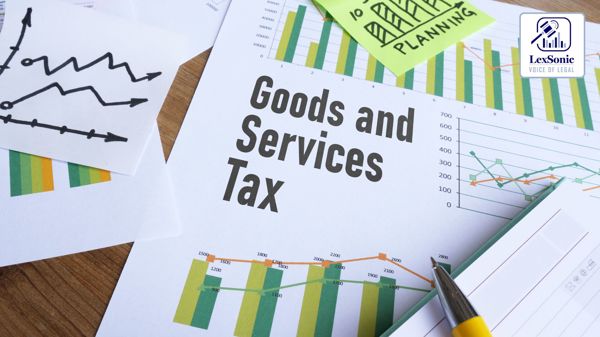Clarity on GST Appeal Filing: Online Submissions and the Impact of Recent Amendments.
In the evolving landscape of GST compliance, filing appeals to the Appellate Authority (Respondent No. 2) is a critical process for businesses seeking to challenge decisions made by the Assistant Commissioner (Respondent No. 3). Recently, Chegg India Pvt. Ltd., the petitioner in a case before the Delhi High Court, filed a writ petition under Article 226 of the Constitution of India, challenging the dismissal of their appeals on the grounds of being barred by limitation. The case primarily deals with the procedural aspects of filing GST appeals—specifically, the physical filing of certified copies versus online filing.
Background:
The petitioner, Chegg India Pvt. Ltd., had filed refund applications under Section 54 of the CGST Act, 2017, for accumulated input credit from May 2019 to May 2020. These refund applications were rejected by the Assistant Commissioner in various "Orders in Original." In turn, appeals against these orders were dismissed by the Additional Commissioner, CGST, on the ground of being filed beyond the prescribed limitation period. The central issue was whether the appeals, filed online within the limitation period, should be treated as valid despite the delay in the physical filing of the certified copies.

Legal Provisions at Play:
The petitioner’s appeal was based on the interpretation of Section 107(1) and Section 107(4) of the CGST Act, 2017, which provide a three-month period for filing an appeal, extendable by another month. Additionally, Rule 108 of the CGST Rules, 2017 (both pre- and post-amendment), outlines the procedure for filing appeals, including the requirement to submit certified copies of the decision or order. The crucial question that arose in this case was whether the online filing could be treated as the date of filing if the certified copies were submitted later.
Pre- and Post-Amendment Rules:
Prior to the amendment on December 26, 2022, Rule 108 required the submission of a certified copy of the order within seven days of filing the appeal. If the certified copy was not submitted within this period, the appeal would be treated as filed only on the date of submission of the certified copy. However, post-amendment, Rule 108 was modified to eliminate the mandatory requirement of submitting a certified copy of the order if it had already been uploaded on the common portal. This change effectively allowed online filing with an electronic copy of the decision to be considered as the date of filing the appeal.
Court’s Ruling:
The petitioner argued that since the online filing was completed within the prescribed statutory period, the appeals should not have been dismissed on the grounds of delay in submitting physical copies. The Delhi High Court concurred with the petitioner’s argument, relying on several precedents where delays in filing physical copies were treated as procedural defects rather than grounds for dismissing an appeal. The court noted that online filing was now an accepted mode of submission in many courts and tribunals, aligning with the modern trend of digital and technological advancements in legal processes.
The Court, referencing judgments from other High Courts, observed that the amendments to Rule 108 were merely clarificatory in nature. These changes did not alter the essence of the rule but clarified the procedure, particularly the process for submitting certified copies. As a result, the court ruled that the online filing, along with the electronic copy of the decision, was sufficient to meet the limitation requirements.
Conclusion:
The Delhi High Court partly allowed the writ petition, remitting the appeals (OIA No. 105-115 and OIA No. 131) back to the Appellate Authority for consideration on merits. However, for the appeal concerning OIA No. 132, where the online filing was beyond the prescribed period, the writ petition was dismissed. As a condition for reconsideration, the petitioner was directed to deposit a sum of Rs. 25,000 as costs with the Delhi High Court Legal Services Committee.
This judgment emphasizes the importance of online filing in the context of GST appeals and highlights that technical defects in procedural requirements should not obstruct an appeal from being heard on merits, particularly when the filing has been completed within the statutory period. As courts and tribunals move toward digital filing systems, the ruling sets a precedent for future cases involving procedural challenges in online submissions.
Section 54, CENTRAL GOODS AND SERVICES TAX ACT - 2017
Section 107, CENTRAL GOODS AND SERVICES TAX ACT - 2017
CENTRAL GOODS AND SERVICES TAX ACT, 2017
